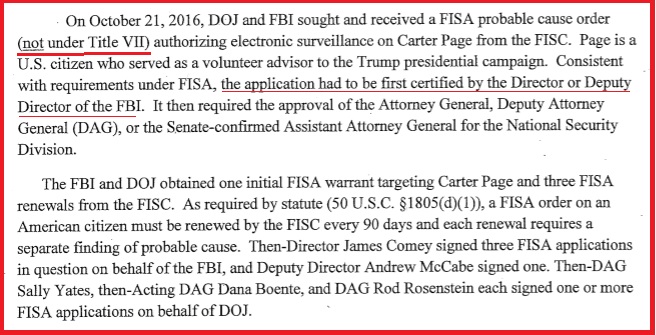The-dubious-legal-claim-behind-release. I guess it had to happen sometime, and if I had to bet I’d probably go with Professor Kerr of the Volokh Conspiracy. He has argued before the Supreme Court more often than I have. However, in my defense, I think the points that he makes just as easily support my position as his.
The argument falls this way; I maintain that the affiant on a search warrant has an obligation to the Magistrate to divulge anything that would impinge on an informant’s credibility. Professor Kerr cites case law that seems to argue that the bias of an informant may be of interest, but not to address it, is not fatal.
We both agree, from different directions that an informant’s experience as a crook is a consideration. In my blog entry: Roadmap-to Perjury Mother Teresa isn’t much good to me because she can’t buy dope. On the other hand, in a prosecution of John Gotti, Sammy “the Bull” Gravano could prove to be invaluable. Where we differ is that I see the informant’s credibility and probable cause as being intertwined. Professor Kerr seems to make it a two-stage test. Stage 1 Does the informant’s information establish probable cause, independent of the bias? 2. Does the bias (his term) demonstrated by the informant detract or undermine the probable cause. If it doesn’t then there is no issue.
Is color a fact or an opinion? When a color-blind witness describes the color of a getaway car is he/she stating a fact or an opinion? Is it helpful for the witness to go on to state, “Yup, green just like a green light at an intersection.” Either way, you have a flawed witness. However, in the first instance, you have an example on which to base his judgment.
In the FISA case, we are talking about a work product months in the making and costing many thousands of dollars designed to project a certain viewpoint. Some reports are saying there were actually two documents. One, the original report and the second a news story about the original report. Since one was derived from the other, it is not surprising they share a similar point of view. They were presented as two entirely separate reports from unrelated sources.
When a cop takes a bribe, beats down a suspect, or commits acts contrary to public policy and law, that is a tragedy. How the involved agency handles the situation tells the public a lot about the relative health of that agency; is this a one-off or a reflection of the culture of the agency? It seems clear that from whatever side of the fence this is viewed, the hierarchy of the FBI and Department of Justice stretching from New York to Washington DC failed in its mission. Even more egregious is that these people were not line agents but middle to upper managers who had an additional duty to supervise and make sure that the rules were followed. Instead, they threw the rule book away and pursued a political agenda. Here is a partial list, supplied by Sharyl Attkisson.
In taking that course they violated the rights of numerous Americans both known and unknown whose identities should have been protected under FISA. They conspired and committed perjury against the FISA Court by presenting an affidavit that was not true and contained falsehoods and half-truths. The individuals that perpetrated this fraud on the American people are the same ones responsible for establishing the culture of the agencies they govern. It is obvious right and wrong have no meaning to them. That an act has political implications in no way excuses it from criminal responsibility. The end does not justify the means.
I will admit that I have stood on the shoulders of some real scumbags in order to deliver my message of probable cause to a magistrate. Like Professor Kerr, I never reached the Judge’s cull factor, but at least I let the Magistrate know what was in store.
